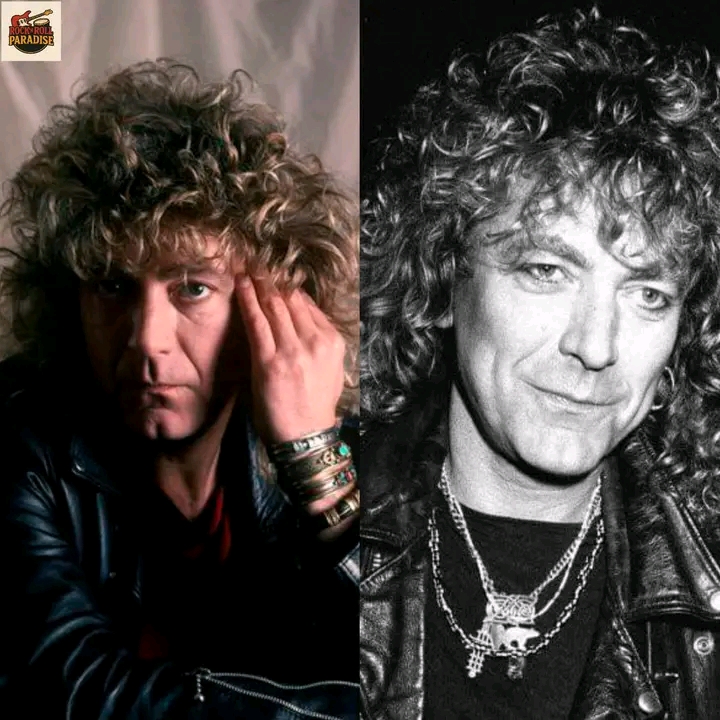**Robert Plant’s post-Zeppelin journey** is a masterclass in artistic courage and evolution. Rather than lean on the towering legacy of Led Zeppelin, Plant has charted a course defined by constant reinvention, venturing far beyond the confines of hard rock.
His solo work and collaborations reveal a deep love for *exploration*: African desert blues, Middle Eastern scales, Celtic melodies, and the raw storytelling of Americana have all found a place in his ever-expanding repertoire. Albums like *Raising Sand* with Alison Krauss surprised critics and fans alike, pairing his weathered tenor with Krauss’s crystalline harmonies in a haunting, rootsy blend that earned multiple Grammys. With the Sensational Space Shifters, Plant seamlessly fused traditional rhythms with modern textures, proving that innovation is timeless.
Plant’s voice itself tells a story of transformation. While age has softened the banshee wail that once shook arenas, it has given him something perhaps rarer: a soulful gravitas that fits the reflective, spiritual themes of his later work. Live, his performances carry an intimate, almost conversational power — a man who has walked through fame, loss, and rebirth, now singing from the heart rather than the gut.
Offstage, Plant is strikingly philosophical. In interviews, he speaks of *impermanence*, of leaving the past where it belongs, and of the quiet joy in chasing new creative horizons. His refusal to reunite Led Zeppelin full-time isn’t born of bitterness, but of a belief that nostalgia can chain an artist to what was, rather than what *could be*.
In the end, Robert Plant’s legacy is not only about the music he made in Zeppelin’s shadow, but in how he refused to live there. His story is that of an artist committed, above all, to growth — a restless spirit still listening for the next song on the wind.
